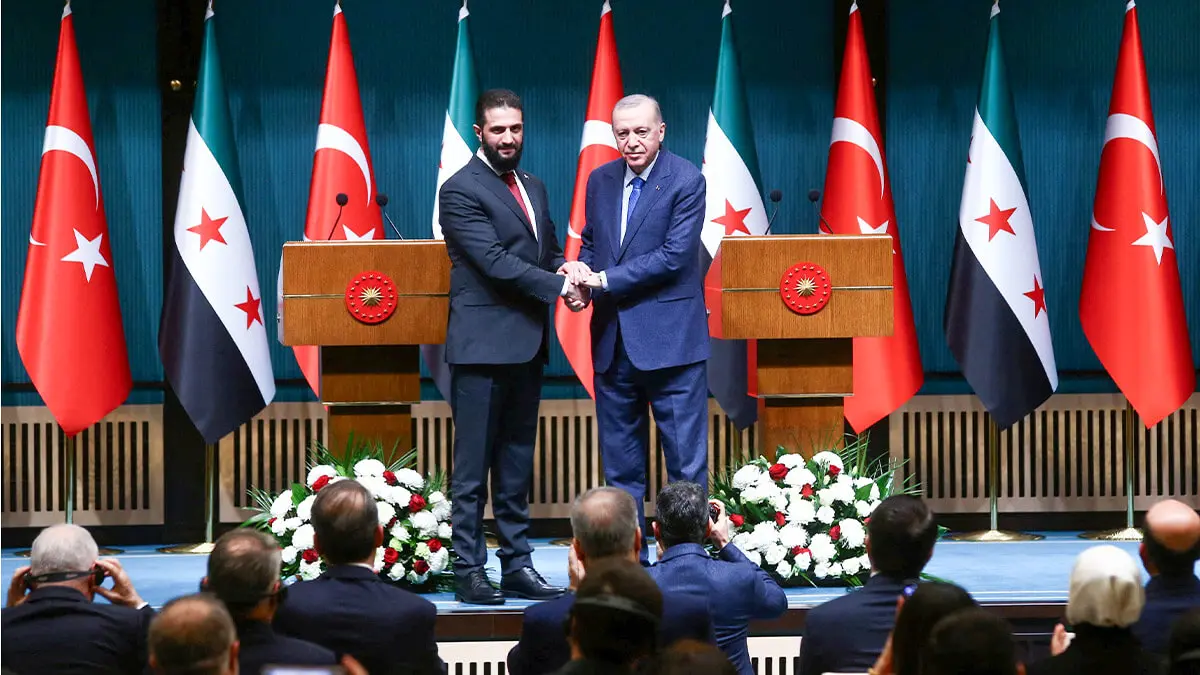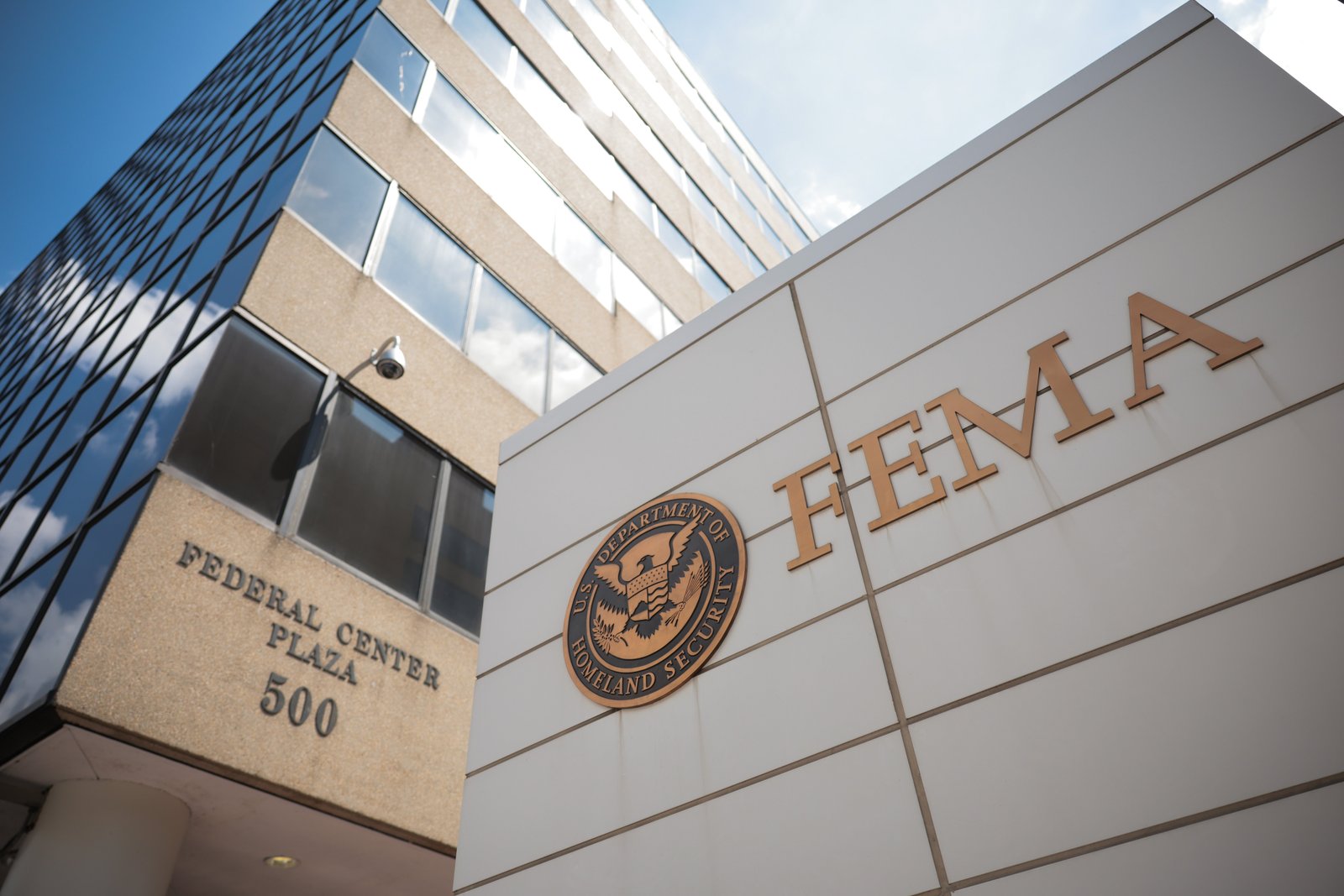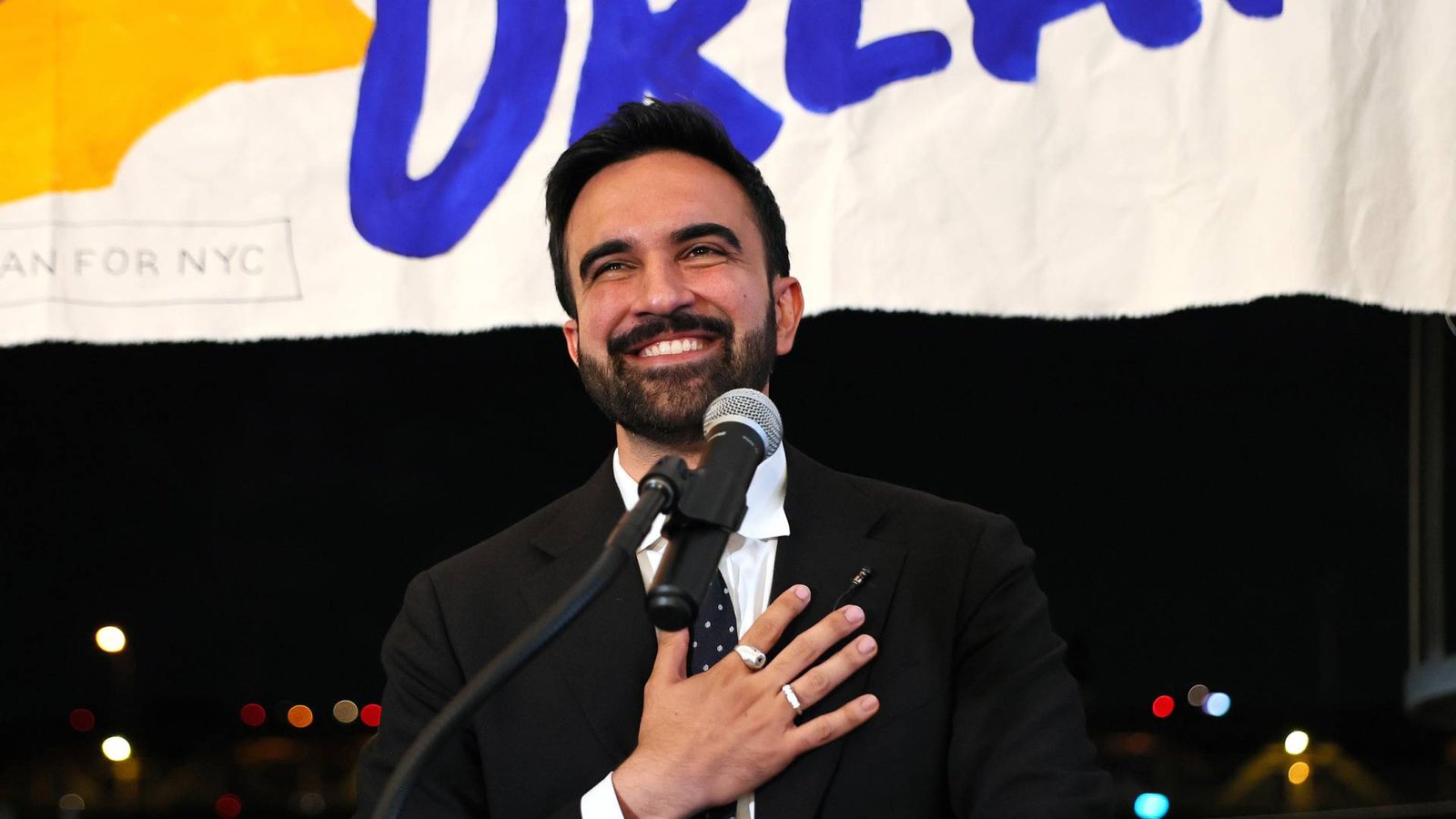Turkey has warned it may take military action in Syria if threats to its borders and national interests increase. This comes as the country watches growing unrest in the region, especially in areas with Kurdish and Bedouin populations.
Ankara says the goal is to protect Syria’s unity. But many international experts believe Turkey’s real aim is to expand its influence and stop Kurdish control near its border. Turkey sees Kurdish groups in Syria, such as the YPG, as linked to the PKK, which it considers a terrorist group.
Foreign Minister Hakan Fidan’s recent comments made clear that Turkey will act if it sees threats to Syria’s territorial integrity. Some see this as a message to both local tribes and international actors. Fidan’s remarks come at a time when Israel has stepped up airstrikes in Syria, especially around Damascus.
Observers say Israel’s actions are aimed at weakening Syria’s central government. Reports claim the strikes are helping some groups, such as the Druze, seek more independence. This fragmentation could serve Israel’s interests by creating smaller, weaker areas within Syria.
Experts also point out the growing shift in power since the exit of Bashar al-Assad. His departure has left Syria facing a new phase of deep instability. Ethnic divisions, forced movements of people, and local power struggles are now part of daily life in the war-torn nation.
In southern Syria, the Daraa and Sweida regions have been hit hard. More than 1,200 people have died in bombings. Leaders in these areas are now helping move civilians to safer places in the east. The goal is to protect people from more violence.
Turkey, while avoiding open conflict, is watching closely. Officials in Ankara say Israel’s bombings are a direct attempt to break Syria apart. They say peace in the region is at risk if Syria continues to lose control over its territory.
Some believe Turkey is using this moment to win favor with Kurds in the region. Kurds control a large part of the oil reserves shared by Iraq and Turkey. With the recent pullback of U.S. support, Turkey is looking to strengthen its hand.
The situation is complex. On one hand, Turkey claims to support Syria’s unity. On the other, it seeks to block Kurdish groups it sees as dangerous. The Turkish government’s actions and words show it is ready to act if its interests are threatened.
Israel’s ongoing strikes, growing ethnic demands, and shifting alliances have made Syria more unstable. The country is entering a new chapter filled with uncertainty and risk. Turkey’s next moves could shape what comes next, not only in Syria but across the wider region.
For now, the warning stands. Turkey says it will not accept threats to its borders. And while it has not yet acted, its message is clear: if the balance tips further, intervention is on the table.







